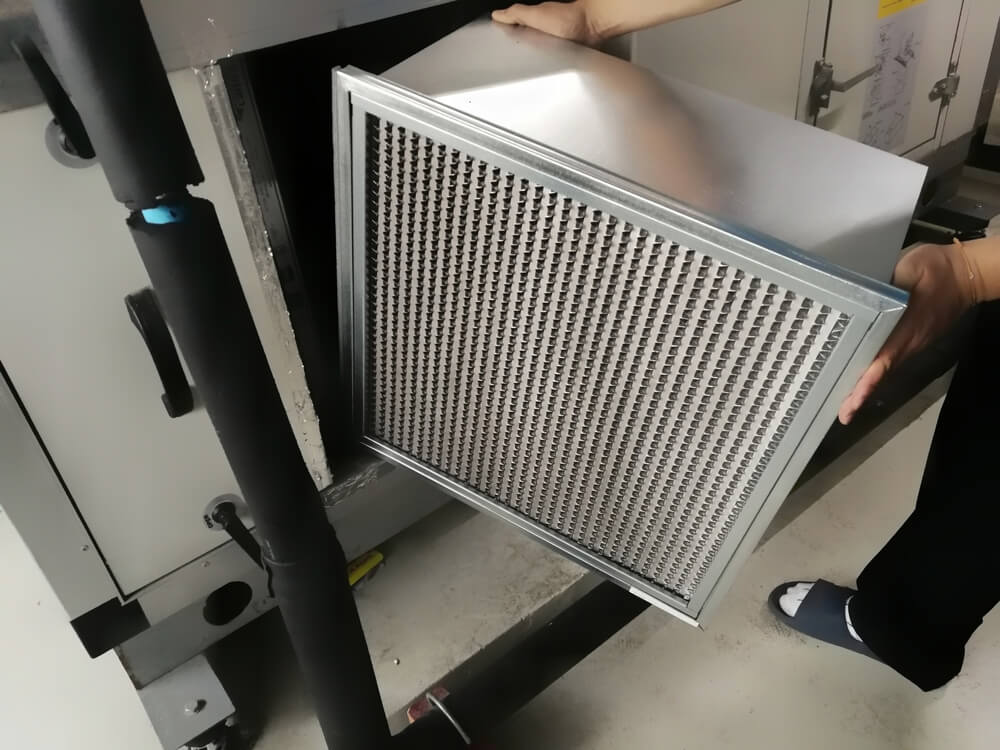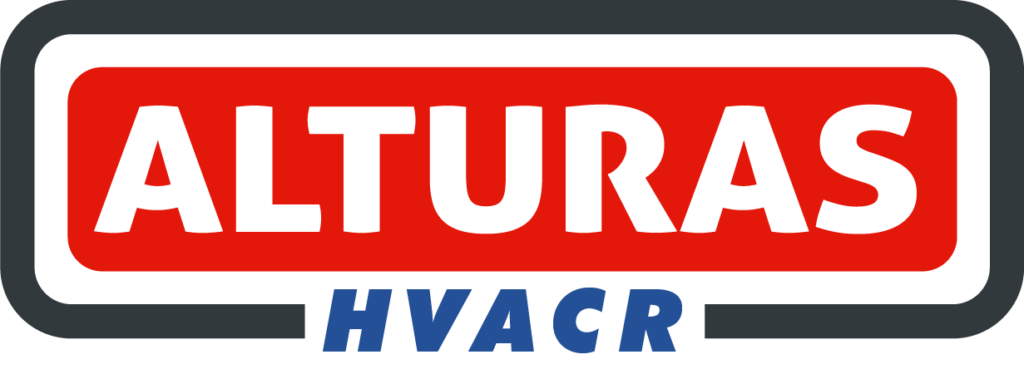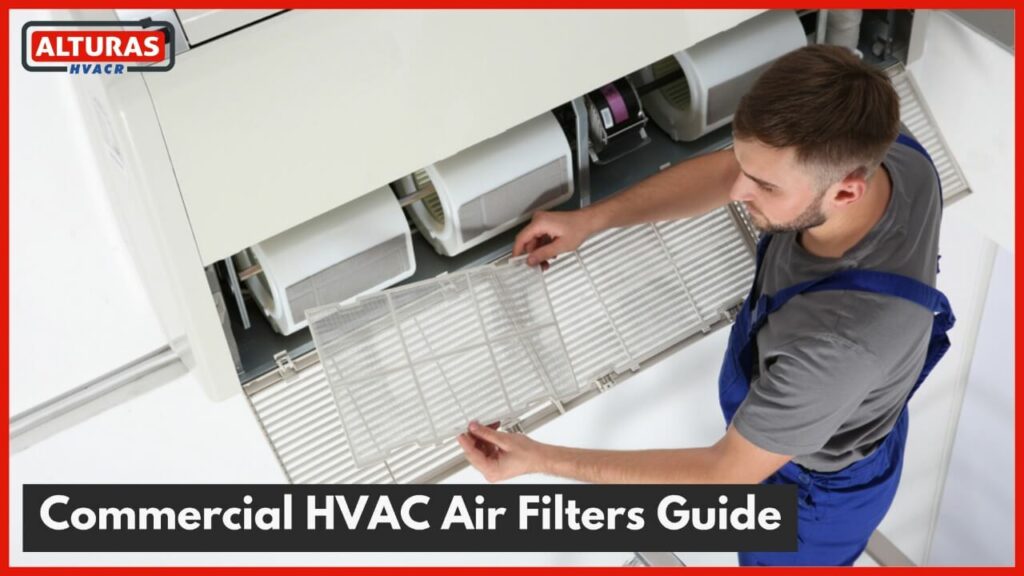Running your furnace, central air, or heat pump is crucial for maintaining a comfortable living environment. However, it’s essential to remember that several components work together to ensure these systems function efficiently and effectively. One such component, often overlooked but playing a vital role, is the HVAC air filter.
This guide shares details about HVAC air filters, exploring their purpose, selection process, and importance for both your place’s comfort and your air quality.
Importance of HVAC Air Filters
HVAC air filters are important for your heating and air conditioning systems. These unassuming filters perform two critical functions:
- Protecting your system: They act as a barrier, trapping dust, dirt, allergens, and other airborne particles before they can enter your system and potentially damage delicate internal components. This helps prevent breakdowns, extends the lifespan of your equipment, and reduces repair costs.
- Enhancing indoor air quality: By capturing airborne pollutants, HVAC air filters contribute significantly to cleaner indoor air. This is particularly beneficial for
Selecting the Right HVAC Air Filter for Your Needs
Choosing the right HVAC air filter for your place involves a few key considerations:
Measure Your Furnace Filter
Before venturing out to buy a new filter, it’s crucial to determine the correct size for your specific system. HVAC air filters come in various dimensions, and using the wrong size can be detrimental.
- Locate your existing filter and note its dimensions (typically printed on the frame). Alternatively, consult your system’s manual for filter size specifications.
- If you’re unsure or unable to find the information, don’t hesitate to reach out to your trusted HVAC technician or consult the filter manufacturer’s website for assistance.
MERV Rating
The Minimum Efficiency Reporting Value (MERV) is a numeric rating system used to indicate an HVAC air filter’s ability to capture airborne particles. Higher MERV ratings signify greater filtration efficiency, capturing smaller particles.
Air Quality and MERV:
Choosing the appropriate MERV rating depends on your specific needs and indoor air quality concerns:
- Lower MERV ratings (1-4): These are suitable for homes with minimal air quality issues and offer good airflow, but capture only larger particles like dust and pollen.
- Medium MERV ratings (5-8): These filters provide a balance between capturing smaller allergens like pet dander and mold spores while maintaining decent airflow efficiency. Ideal for most homes with moderate air quality concerns.
- Higher MERV ratings (9-16): These filters offer the highest level of filtration, capturing even the tiniest particles like smoke and viruses. However, they can also restrict airflow, potentially impacting your system’s efficiency. These filters are best suited for individuals with severe allergies, asthma, or compromised immune systems, or for homes with specific air quality concerns like heavy dust or pet dander.
Types of HVAC Air Filters
HVAC air filters come in various materials and designs, each offering unique benefits and drawbacks:
1. Fiberglass Air Filters:
- Pros: Affordable, readily available, and provides basic dust filtration.
- Cons: Less effective at capturing smaller particles, have a short lifespan, and need frequent replacement.
2. Pleated Air Filters:
- Pros: More efficient than fiberglass filters, capture a wider range of particles, and last longer due to their increased surface area.
- Cons: More expensive than fiberglass, and some high-MERV pleated filters can restrict airflow.
3. HEPA Filters:
- Pros: Offer the highest level of filtration, capturing 99.97% of airborne particles as small as 0.3 microns. Ideal for individuals with severe allergies or compromised immune systems.
- Cons: Most expensive option, significantly restrict airflow, which can lead to decreased efficiency and higher energy bills in some HVAC systems.
4. Electrostatic Filters:
- Pros: Attract and trap particles using a static charge, can be washable and reusable, and offer good filtration without restricting airflow as much as some high-MERV pleated filters.
- Cons: Requires regular cleaning and maintenance, may not be as effective as HEPA filters at capturing the smallest particles.
Installing Your Filter
Once you’ve chosen the appropriate HVAC air filter, installing it correctly is essential.
- Locate the filter slot on your furnace or air handler. This is typically located near the blower compartment.
- Consult your system’s manual for specific instructions on filter replacement.
Replacing Your HVAC Air Filter Regularly

To ensure optimal performance of your HVAC air filter, regular replacement is important.
How often you should replace your filter depends on several factors:
- MERV rating: Higher MERV filters generally require more frequent replacement due to their denser construction.
- Indoor air quality: Homes with pets, smokers, or high levels of dust or pollen may necessitate more frequent filter changes.
- Seasonal factors: During periods of heavy use, such as peak heating or cooling seasons, consider replacing your filter more often.
A general guideline suggests replacing your air filter:
- Every 1-3 months for high-MERV filters (9-16)
- Every 2-3 months for medium-MERV filters (5-8)
- Every 2-4 months for low-MERV filters (1-4)
However, it’s crucial to consult your system’s manual and adjust the replacement frequency based on your specific circumstances.
Here are some additional tips for maintaining your HVAC air filter:
- Schedule reminders: Set calendar reminders or use smart home technology to ensure timely filter changes.
- Inspect your filter regularly: Visually check your filter between replacements. If it appears clogged or discolored, replace it immediately.
- Invest in a quality filter: While the initial cost may be higher, a good quality filter will last longer, provide better filtration, and ultimately save you money on energy bills and potential repairs.
HVAC air filters play a vital role in maintaining a comfortable and healthy home environment. By understanding their function, choosing the right type and size, and replacing them regularly, you can ensure optimal performance for your heating and cooling system, breathe easier with improved indoor air quality, and potentially save money on energy costs and future repairs.
Remember, a clean HVAC air filter is a small investment that yields significant benefits for both your place and your health.
Common FAQs About HVAC Air Filters
What are the best home HVAC air filters?
Highly-rated home HVAC air filters include HEPA filters for superior allergen removal, MERV 13 filters for effective particle capture, and electrostatic filters for increased efficiency. Choose based on your specific needs and HVAC system compatibility.
Do washable HVAC air filters work?
Washable HVAC air filters can be effective in capturing larger particles but may not match the filtration performance of disposable options for smaller particles. Regular cleaning is crucial for optimal performance.
Are there reusable HVAC air filters available?
Yes, reusable HVAC air filters are available. These typically feature washable materials like foam or polyester. Regular cleaning is necessary to maintain their effectiveness and longevity.
What are standard HVAC air filters sizes?
Standard HVAC air filter sizes commonly range from 16×20 inches to 25×25 inches, with various dimensions in between. However, exact sizes can vary, so it’s essential to check your system’s specifications.

